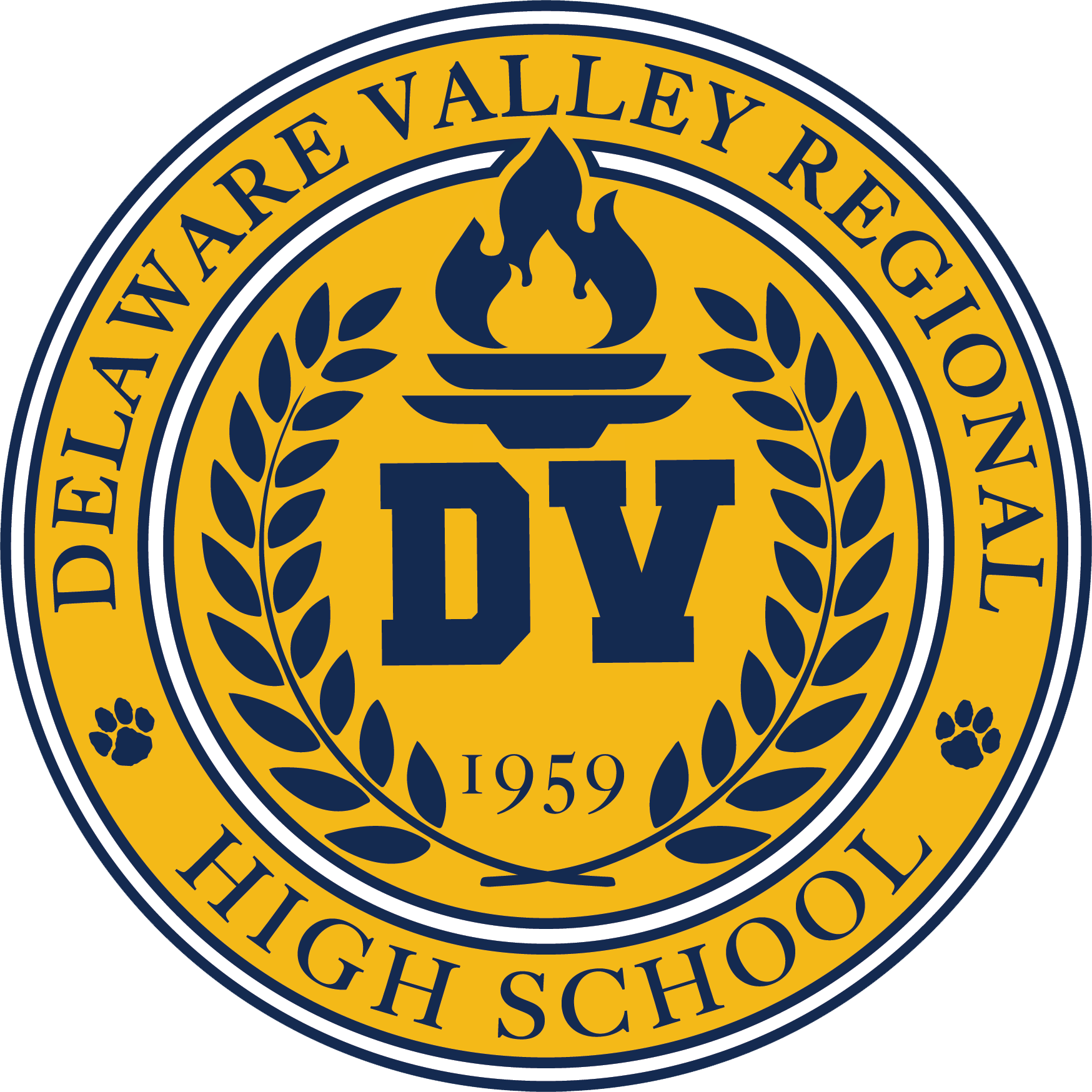Skip to content
Show submenu for About
About
Administration
Board of Education
School Facilities
Show submenu for Students & Parents
Students & Parents
iPads and Technology
Lunch Prepay
The Commons
Show submenu for Academics
Academics
Concurrent Enrollment
8th Grade Orientation Information
Special Education/Child Study Team
Show submenu for Wellness/Safety/HIB
Wellness/Safety/HIB
Health Office
Mental Health Services
Show submenu for Athletics, Clubs, Fine and Performing Arts
Athletics, Clubs, Fine and Performing Arts
Athletics
Clubs
Fine and Performing Arts
Del Val Performing Arts Boosters
Show submenu for Staff
Show submenu for Community/Alumni
Show submenu for
